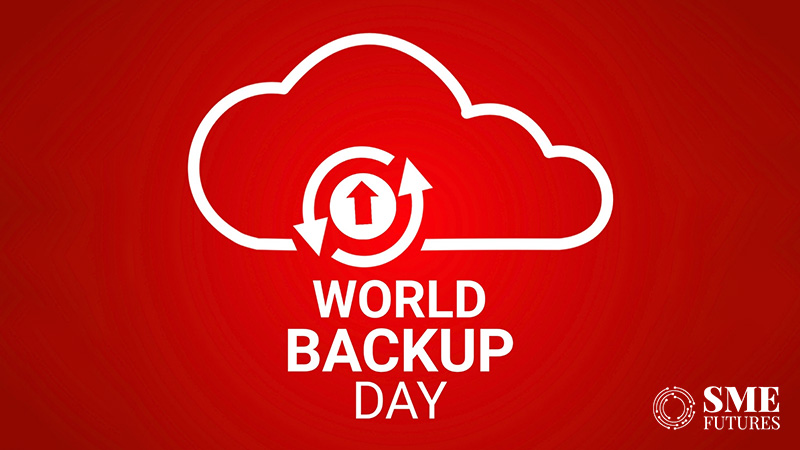World Backup Day is celebrated annually on March 31st as a reminder to individuals and organizations around the world to back up their important data. The day serves as a wake-up call to those who have not yet taken the necessary steps to safeguard their data from loss or corruption.
In today’s digital age, data is the lifeblood of businesses and individuals alike. From personal photos and documents to critical business information, data is stored on various devices such as computers, smartphones, and tablets. The loss or corruption of this data can have devastating consequences, ranging from inconvenience to financial losses, and even reputational damage.
However, despite the importance of backups, many people fail to back up their data regularly. This is often due to a lack of awareness, time constraints, or the perception that backing up is a complex and technical process. World Backup Day aims to dispel these myths and raise awareness about the importance of backing up data.
Also Read: New foreign trade policy aims to boost exports to $2 tn
According to the data provided by the organisers of World Backup Day, over 21 per cent of people have never made a backup, 29 per cent of data loss cases are caused by accident, 30 per cent of all computers are already infected with malware, while 113 phones are lost or stolen every minute.
In addition to backing up data, it is also essential to test backups regularly to ensure that they are functional and up-to-date. Furthermore, individuals and businesses should consider implementing other data protection measures such as encryption and password protection.
Speaking on the occasion of World Backup Day, “Disaster recovery and data protection will play a crucial role in 2023. With ransomware attacks constantly garnering headlines, organizations should get used to the fact that it is impossible to prevent ransomware attacks entirely,” says Manikandan Thangaraj, vice president, of ManageEngine.
Thangraj further said, “It’s a question of when their operations will be affected by ransomware, not if. Moreover, with the rise of Ransomware as a Service (RaaS) over the past couple of years, global ransomware damage costs are predicted to exceed USD 265 billion by 2031.”
Also Read: CAIT seeks empowered regulatory authority to monitor & regulate e-commerce
According to Manikandan, Disaster Recovery as a Service (DRaaS) has been on the rise for the past few years and its market size is predicted to reach USD 41.26 billion by 2030. The winner of the battle between the backup service providers and threat actors who leverage ransomware will be determined by how quickly DRaaS providers can react to potential new threats.”
Weighing in, the Country Manager of Pure Storage India Ramanujam Komanduri said, “Data loss is a silent killer that strikes individuals and businesses without warning. It can happen due to hardware failure, cyber-attacks, or natural disasters, and the consequences can be catastrophic. The financial and emotional toll of data loss is immeasurable, and it can leave a lasting impact on your life and your business. That is why data backup and recovery should be a top priority for everyone.”
“This World Backup Day, let’s make a commitment to protect our valuable data and build a meaningful recovery strategy. Remember, data backup and recovery is not an afterthought – it’s a critical component of any IT infrastructure, he pledged.
Along with this, Jaganathan Chelliah, Senior Director of Marketing, in India, the Middle East, and Africa said, “While there is high inertia among consumers to back up their data, we are seeing a slow yet steady mindset change. Consumers are becoming more aware of the importance of their data and looking for effortless backup solutions. We are pleased to play a key role in helping consumers understand the importance of data.”
Khalid Wani, Senior Director, Sales India, Western Digital, said, “At Western Digital, we are very focused on understanding consumer challenges and offering solutions that can help them overcome those and live a truly digital life. The study helps us understand the reasons for consumers not taking backup and offer them effortless backup solutions, so they can continue to make and save their memories every moment.”











